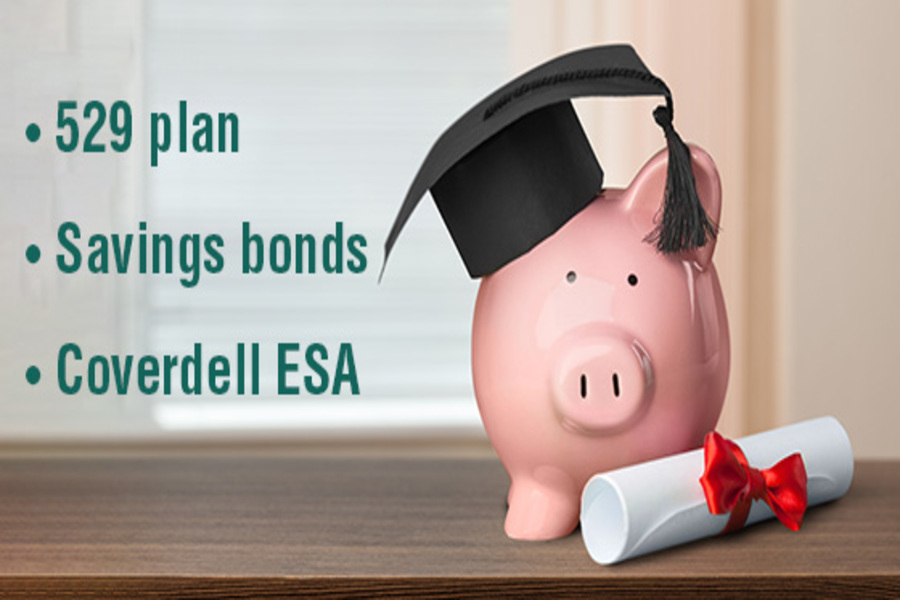If you have a child or grandchild planning to attend college, you’ve probably heard about qualified tuition programs, also known as §529 plans. These plans, named for the Internal Revenue Code section that provides for them, allow prepayment of higher education costs on a tax-favored basis. There are two types of programs: Prepaid plans, which allow you to buy tuition credits or certificates at present tuition rates, even though the beneficiary (child) won’t be starting college for some time; and Savings plans, which depend on the performance of the fund(s) you invest your contributions in. Earnings build up tax-free You don’t get a federal income tax deduction for §529 plan contributions, but the account earnings aren’t taxed while the funds are in the program. (Contributors are eligible for state...






